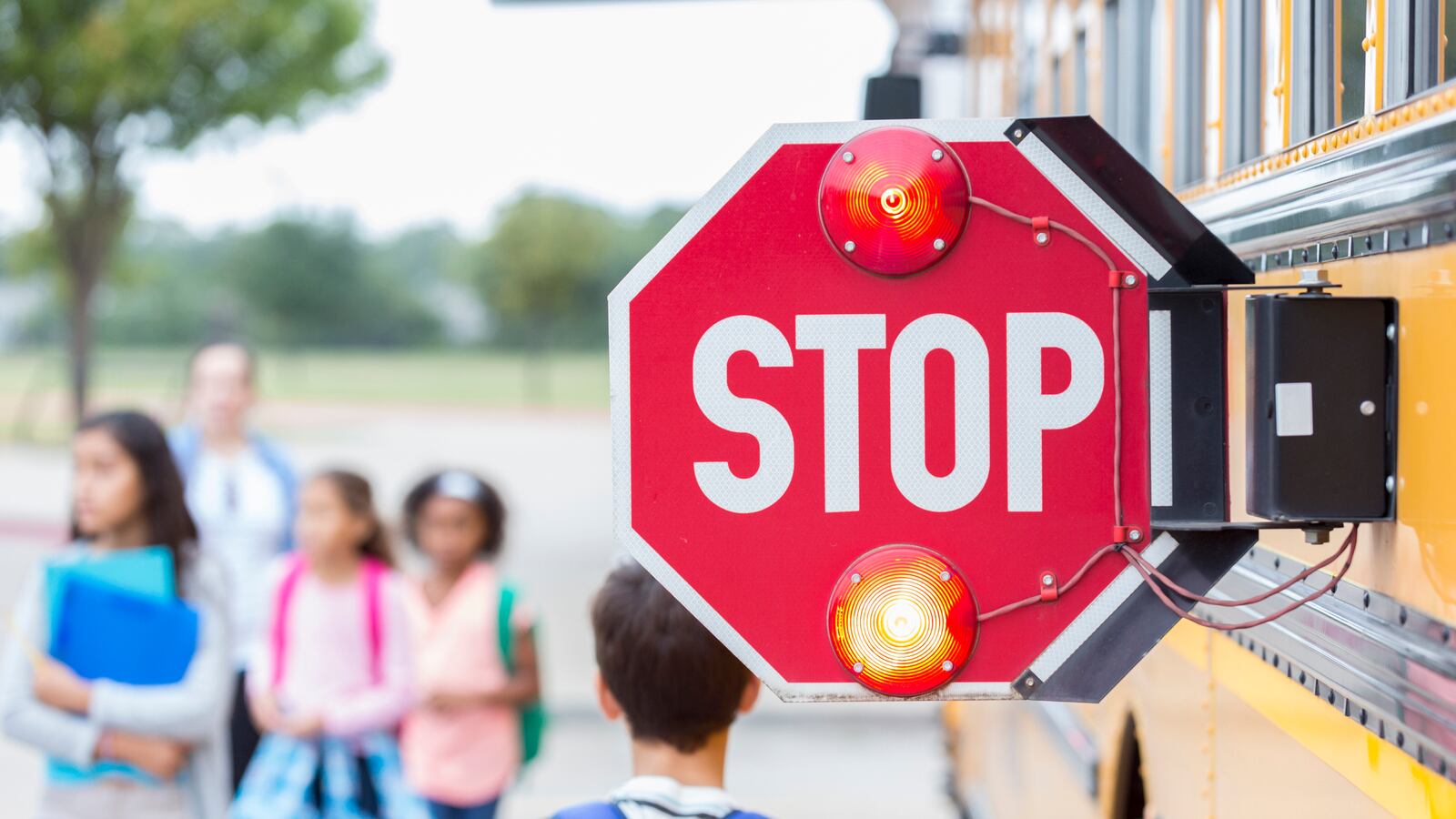Charging that Chicago Public Schools failed to safeguard students from sexual harassment and assault, the federal government will require the district to take additional safety measures, including strengthening its complaint system.
In a formal agreement announced Thursday by the federal Department of Education’s Office for Civil Rights, the school district pledged to strengthen its process and better communicate with students around its efforts to investigate sexual misconduct complaints. The district must file comprehensive reports of all complaints to the federal government for the next three years. If the district doesn’t comply, it risks losing its substantial federal education funding.
The federal government had already launched its inquiry — the largest into sexual abuse in a public school system it’s ever undertaken — before a Chicago Tribune investigation published last summer. It revealed how the school district under a succession of school chiefs mishandled investigations into hundreds of student sexual abuse allegations.
“The Chicago Public Schools have inexcusably failed, for quite some time, to provide their students with the basic protections required by law,” said Kenneth L. Marcus, the federal Education Department’s assistant secretary for civil rights.
The school district maintained that it already has put in place many of the reforms being required.
Marcus acknowledged the district’s recent efforts to conduct background checks and train school staff, hire a Title IX coordinator, and revamp the process for investigating student complaints. But he said they were not enough.
“It is clear there is a great deal more they need to do and this resolution agreement represents that,” Marcus said.
In an email to parents Thursday morning, Chicago schools chief Janice Jackson, who had been on the job for six months when the Tribune series published, promised the district would continue to strengthen ways for students to report sexual misconduct in schools and its handling of those complaints.
“While we have made significant progress, we will not be satisfied until I and every CPS parent believes we have created a safe and supportive district culture,” she wrote.
During President Barack Obama’s term, the federal government expanded its investigative role into complaints under Title IX, the federal code intended to guard against discrimination and ensure equal rights. But under current U.S. Secretary of Education Betsy DeVos, the Education Department has refocused its guidance and pulled back its reach.
Critics have worried about the effect on schools.
In any case, the comprehensive agreement between Chicago Public Schools and the federal civil rights office includes extensive findings and broad-reaching requirements for district action.
Advocates for students, including the Chicago Children’s Advocacy Center, which has partnered with the district on retraining teachers and principals since last year, agreed that the district was moving in the right direction but warned that it needed outside organizations for accountability.
“CPS has taken significant steps in the past year to improve their response to allegations of sexual abuse involving students,” said Char Rivette, director of the center. “I encourage CPS to continue to utilize community partners with expertise in sexual harm to address this pervasive societal problem.”
Here is what the agreement with the federal government requires Chicago to do, and what the district said it has done so far:
A second chance for student complaints
Students who believe the district mishandled their cases must be offered a second, independent review of their complaints. Chicago must also advertise its investigation protocol and make accommodations for any student who has a complaint that has gone unreported since 2016.
Chicago Public Schools said that it has launched an awareness campaign to educate students about their rights and possible responses to abuse, as well as creating the district’s first-ever student bill of rights.
Review employee misconduct
Chicago must review the actions of current and former employees who failed to respond to reports of sexual misconduct. If warranted, the district must take disciplinary action.
In response, Chicago Schools said it has run background checks on all staff, vendors, volunteers and coaches who work in schools and has centralized that process. The lack of a central process was considered key to allowing district employees with a history of abusing children to remain working in schools.
The district also said it has required its staff to take annual mandatory training on Title IX issues.
Expand the authority of Title IX coordinator
After nearly two decades without a Title IX coordinator, Chicago Public Schools hired Camie Pratt, previously the Title IX coordinator at the University of Phoenix. She oversees a 38-person team.
The Office for Civil Rights said Chicago must “revise its Title IX structure to ensure that the Title IX coordinator reports directly to the schools chief.”
In response, the district said its Title IX officer reports directly to schools chief Jackson and has complete authority over Title IX matters.
Develop a new complaint process
Chicago must “develop a comprehensive process for responding to all complaints of sex discrimination and fully document responsive actions taken,” the federal government wrote. That includes establishing a time frame for investigations; providing the accuser and the accused equal opportunity to present witnesses and other evidence and a written summary of findings; and setting up an appeals process.
Avoid conflicts of interest during investigations
Chicago must make sure that its investigations into sexual misconduct are impartial, and must not allow attorneys involved in Title IX investigations to also represent the district in subsequent litigation.
The district responded that it has transferred cases dealing with allegations against teachers, coaches, and other adults to the district inspector general.
The district also pledged that during investigations, it will immediately remove any accused adults from schools.
Read the full text of the resolution agreement below:

